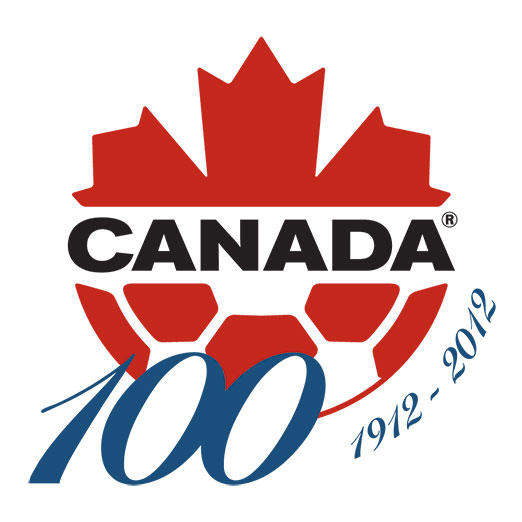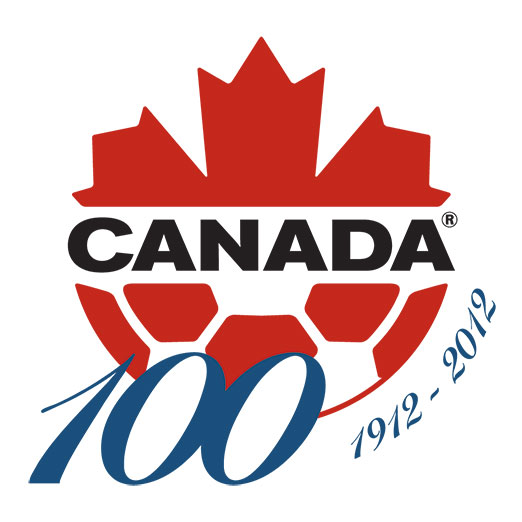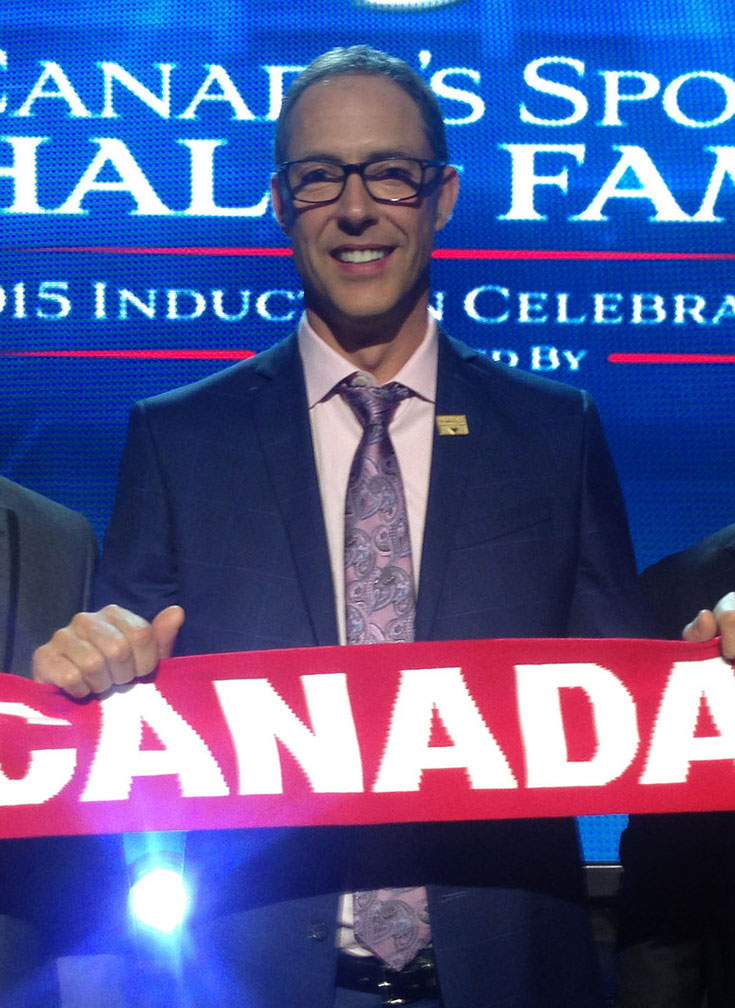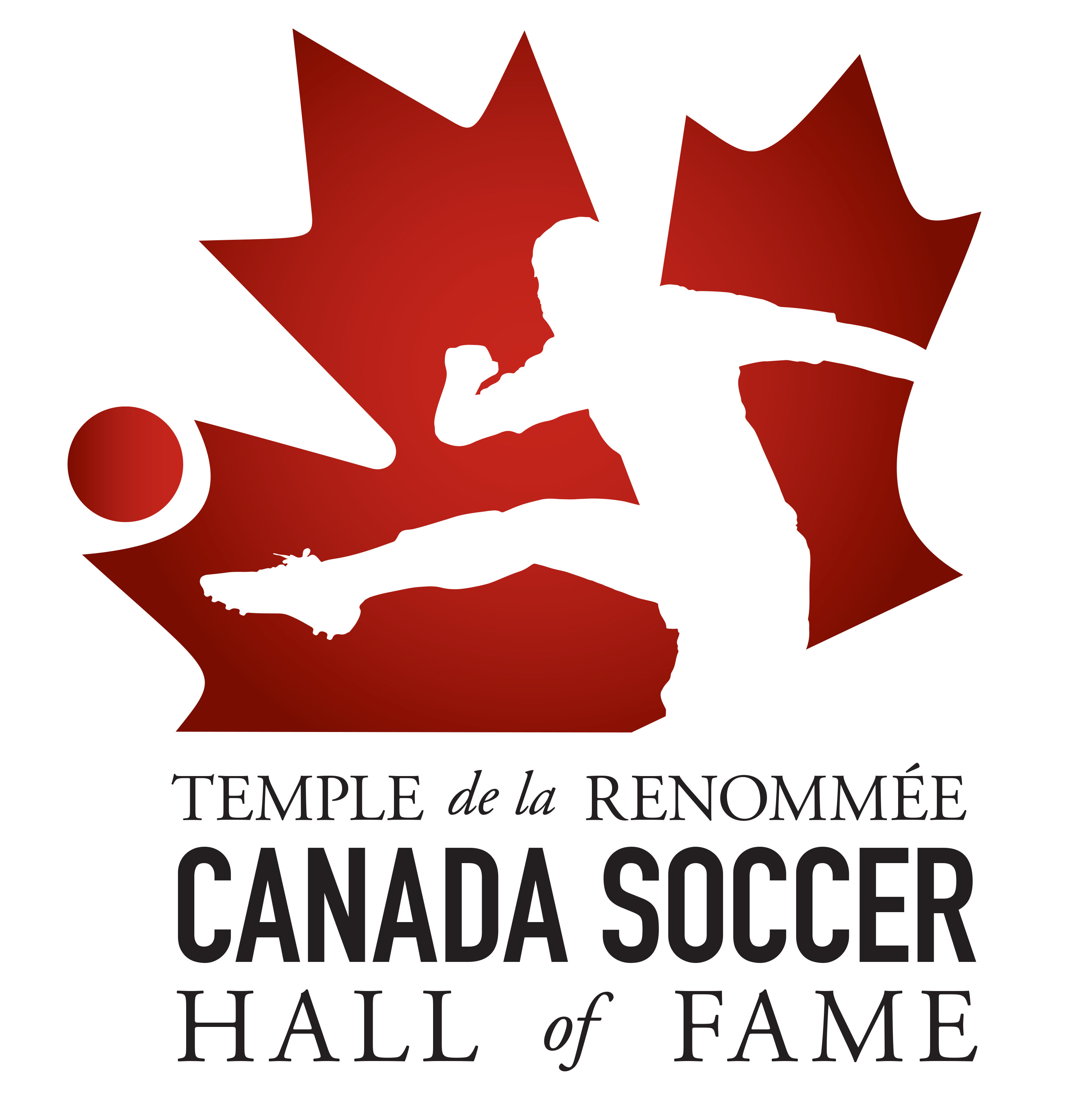
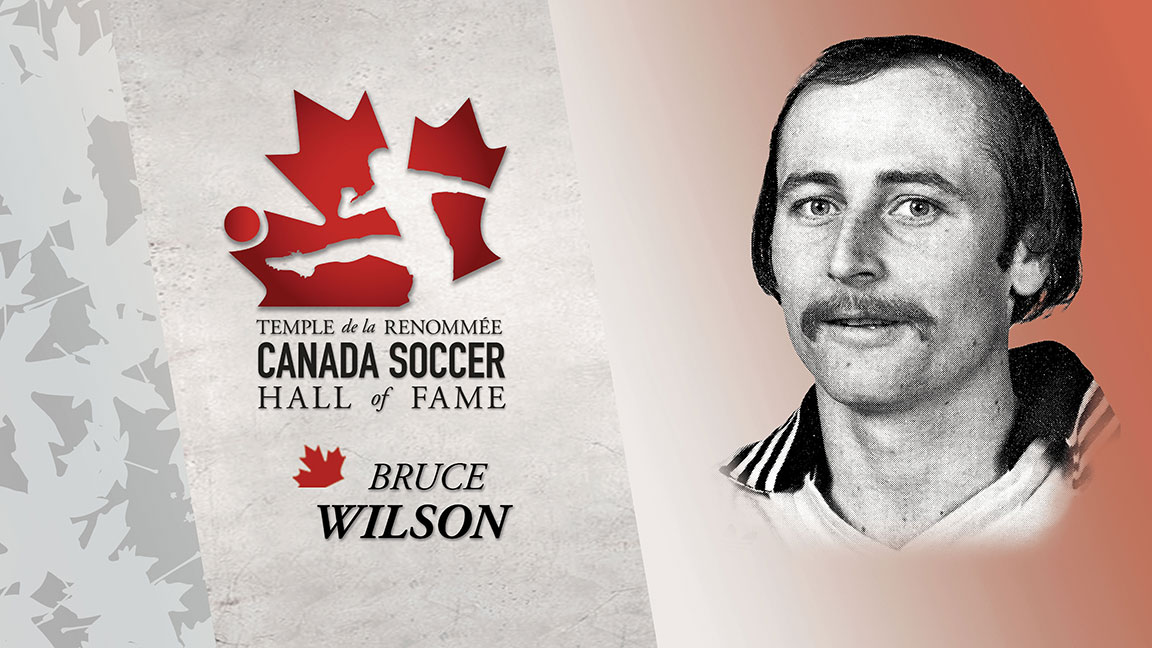
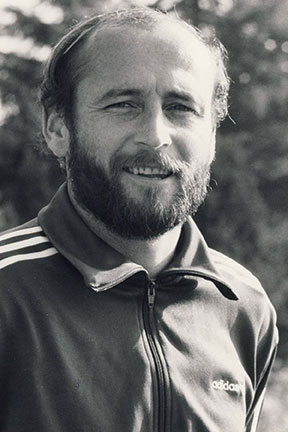



Bruce Alec Wilson... soccer family (son Derek, father Larry, brother Doug)... he was six years old when he started playing soccer for North Burnaby Legion... played baseball, basketball and tennis in high school... earned Bachelor of Education from the University of British Columbia in 1974... initially worked as a coffee salesman after leaving international football in 1986... earned his Canada Soccer Coaching B Diploma in 1994...
honoured by the Canada Soccer Hall of Fame as a player (one of the first 11 former players honoured as part of The Soccer Hall of Fame’s inaugural Class of 2000)... honoured by Canada’s Sports Hall of Fame, the BC Sports Hall of Fame, the Soccer Hall of Fame of British Columbia, the U.S. National Soccer Hall of Fame, and the Burnaby Sports Hall of Fame... he was in fact the first post-WWII soccer player inducted to Canada’s Sports Hall of Fame... part of the first Canadian team to reach the knock-out phase at the Olympic Games (Los Angeles 1984), recognised as a Canada Soccer Team of Distinction... part of the first Canadian team to play at the FIFA World Cup (Mexico 1986), recognised as a Canada Soccer Team of Distinction... named to Concacaf’s Team of the Century in 1998... recipient of Canada Soccer’s Aubrey Sanford Meritorious Service Award in 1998...
Concacaf champion (1985)... represented Canada at the Los Angeles 1984 Olympic Games and 1986 FIFA World Cup Mexico... represented Canada in three cycles of FIFA World Cup Qualifiers one cycle of Olympic Qualifiers... career 72 international appearances across 16 years from 1971 to 1986 with Canada Soccer’s Men’s National Team, including 57 international “A” appearances... when he left international football in 1986, he ranked first all-time with 72 international appearances, in fact holding the Canadian record from 1985 (when he surpassed Sam Lenarduzzi) until 1993 (when Mike Sweeney surpassed him)...
a one-time Pacific Coast League winner (1970-71)... a North American Soccer League winner at Soccer Bowl 1980... an NASL First Team or Second Team All-Star in five of eight seasons from 1977 to 1984... in 1998, named to Concacaf’s Team of the Century... in 2012 as part of the Canadian Soccer Association’s Centennial Celebration, was honoured on the All-Time Canada XI men’s team...
wrote John Polis in 1977, “Bruce Wilson is an aggressive, hard-tackling fullback who tempers his hardness with a tinge of finesse... some experienced English players will tell you Wilson is the steadiest, most skillful North American defender in the NASL”... wrote Zander Hollander in 1977, Wilson was “very fast, usually takes on opposition’s top winger”... wrote Jim Kernaghan in 1980, “Bruce Wilson is very quick and the type of player who does things so deceivingly easy he does not stand out in games”... also wrote Jim Kernaghan in 1980, “a speedster, (Bruce Wilson is) an excellent man at the overlap from left back“... as noted in a 1981 Canada Soccer program, "one of the best players ever developed in Canada"... said Tony Waiters in 1985, Wilson “never ceases to amaze me with his speed and authority on the field”... wrote Don Lovegrove in 1985, “Wilson is the mainstay of the Canadian team, its spiritual leader, on and off the field”... also wrote Lovegrove in 1985, “Wilson’s style is Canada’s style: hard working, close marking, aggressive. It’s not pretty or entertaining, but it’s effective and Wilson makes no excuses for it”... wrote Kevan Pipe in 1999, “he did everything the captain of a World Cup team is supposed to do”...
said Bruce Wilson in October 1975, “it was a fine offer from Billy Bingham, the Everton manager, for a one-year contract with the usual option clause. Just playing for the reserve team I was guaranteed a basic wage of 80 pounds a week which may not sound a lot over here, but there was a good signing-on bonus and there are some very attractive performance bonuses. Bingham was very anxious to sign me and went as far as he could to assure me that I would soon be in the first team - and first division salaries are a lot higher than those in the reserves. But there were a number of reasons, personal and financial, which finally made me decide to stay in Vancouver.”
said Bruce Wilson in 1975, “it was touch and go whether I would take the offer (from Everton). Most people over there said I would be crazy to turn it down, but now I’ve proved to myself that I could do it. The experience with a club like Everton was just fantastic and (manager) Billy Bingham told me the door was open if I changed my mind. So after weighing all the angles, I decided that Vancouver was really where I wanted to be”... said Bruce Wilson in 1979, “Vancouver was a highly developed area of soccer for youngsters. Even as a six-year old it didn’t take long for me to learn the basics - trapping, passing, shooting, and so on”... said Wilson in 1979, “one of the biggest attributes of a great professional soccer player is competitiveness. You must always have the desire to be the best when you walk out on the field”...
said Glen Johnson in 2018, “with Bruce Wilson, I can go back to when we were playing together at age 10 or 11, he was a centre forward and I was an inside right and he would score on a lot of rebounds from my shots. He had pace, more pace than me, but he wasn’t aggressive in the box. It just wasn’t him. Eventually over the years he may have figured that out, but when he moved to fullback, he became an elite player, a very elite player. He had the skill level, he had the work ethic, and he had the determination when he was defending. He was a great player”...
said Giorgio Zambrano of Bruce Wilson in 2018, “I remember saying to the coach (at Columbus), why don’t you put him at fullback, and one day the coach put him at fullback and he was unbelievable. He made it all the way to the New York Cosmos (in the NASL). He was a fantastic left fullback, overlapping runs, very fast, marking his opponents very well: he was a very good fullback”... said Peter Greco in 2018, “Bruce Wilson was like a 100 miles per hour. They switched him from midfield to fullback and he still went 100 miles per hour. He started to play fullback and he took off in that position. He became one of the best Canadian players ever”...
he was 22 years old when he made his debut for Canada at the national A level (12 April 1974)... represented Canada in 1976-77 CONCACAF / FIFA World Cup Qualifiers for Argentina 1978 (helped Canada finish fourth in the 1977 CONCACAF Championship)...
represented Canada in 1980-81 CONCACAF / FIFA World Cup Qualifiers for Spain 1982 (helped Canada finish third in the 1981 CONCACAF Championship)...
finished fifth with Canada at the Los Angeles 1984 Olympic Football Tournament... helped Canada win the 1985 CONCACAF Champions / FIFA World Qualifiers for Mexico 1986... he was the first footballer to make his 50th appearance for Canada (2 February 1986)... played in a career-high 12 consecutive Canada matches from 1984 to 1986 (Canada “A” matches)... represented Canada at the 1986 FIFA World Cup in Mexico (he featured in two matches)...
left international football after making 57 appearances for Canada, a national record at the “A” level (surpassed by Mike Sweeney on 2 May 1993)...
featured on TSN’s coverage of the 1986 FIFA World Cup Mexico (in the knock-out phase after Canada was eliminated)...
briefly accepted the coaching position with the 1987 North York Rockets, but declined the position after he received a death threat... hired as head coach of Hamilton Steelers in December 1987, however he resigned just 28 days later in January 1988... served as head coach at the University of Victoria (men’s soccer) starting in 1988... served as coach of the Canadian Universities team at 1993 Summer Universiade in Buffalo, NY... led University of Victoria to the 1996 Davidson Trophy national title (CIAU men’s soccer championship)... led University of Victoria to the 2004 Davidson Trophy national title (CIS men’s soccer championship)... led University of Victoria to the 2011 Davidson Trophy national title (CIS men’s soccer championship)...

